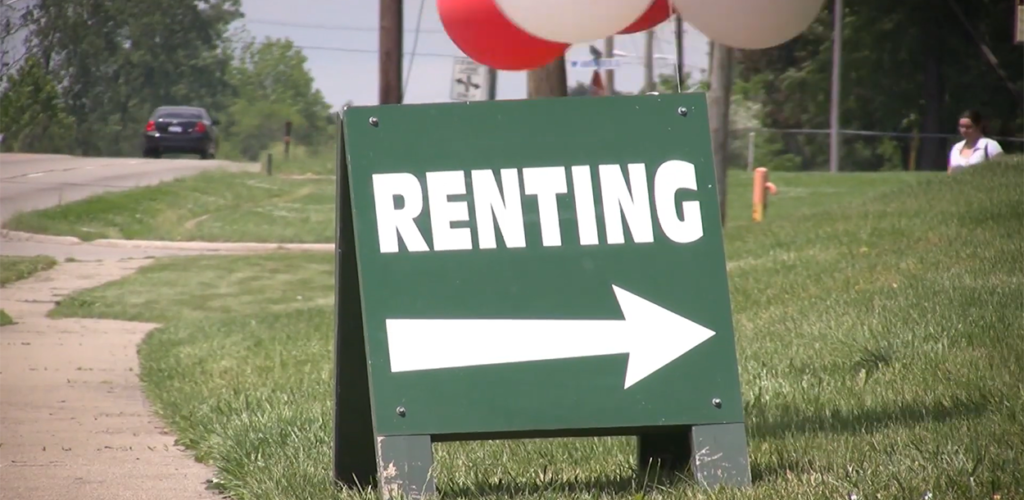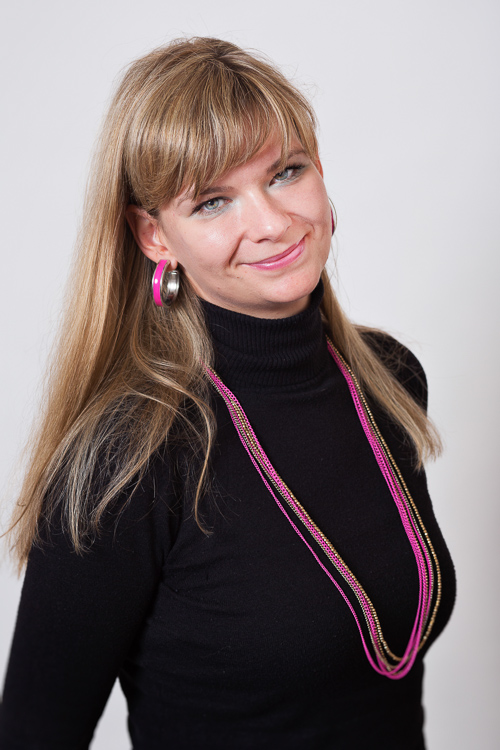In my previous blog on The roles of city governments in the sharing economy, I discussed that city governments around the globe respond to the sharing economy in various ways. They may restrict sharing economy organisations by regulating their operations or may even ban them totally. City governments may remain neutral in their governance approaches, and “close their eyes” to wait and see how the development of the sharing economy will unfold. Or they may encourage and strategically support sharing economy organisations when the city governments see that these organisations help address some of the urban challenges.
All this happens through a variety of governance mechanisms and roles. One such mechanism is regulating. Municipalities use regulatory tools like laws, taxes, bans and policies to govern the establishment and operation of sharing economy organisations. Cities may use these tools to both constrain the sharing economy or to help it grow. While constraining often comes as a result of regulating previously unregulated sharing economy practices, municipal support is rather a result of so called deregulation. Deregulation basically means that municipalities simplify, amend or even remove certain laws, which in turn may provide more fruitful grounds for certain types of sharing economy organisations to flourish.
In the second film of the series, we discuss how the municipalities of Amsterdam, Berlin, Gothenburg, London, Malmö and San Francisco regulate the sharing economy.
To learn more on how cities regulate sharing economy organisations see The Roles of City Governments in the Sharing Economy – Regulating here:
Stay tuned for the next film in the series, which will discuss the so called “self-governing mechanism” or how municipalities use the sharing economy to govern their own activities.
##
These films are based on the research done in two research projects: Sharing and the City (funded by Swedish Research Council Formas) and Urban Sharing research programme, which has received funding from the European Research Council (ERC) under the European Union’s Horizon 2020 research and innovation programme (grant agreement No 771872). The films are a part of the Sharing Cities Massive Open Online Course (MOOC) developed at the International Institute for Industrial Environmental Economics (IIIEE), Lund University, Sweden, and funded through the Sharing Cities Sweden project.









